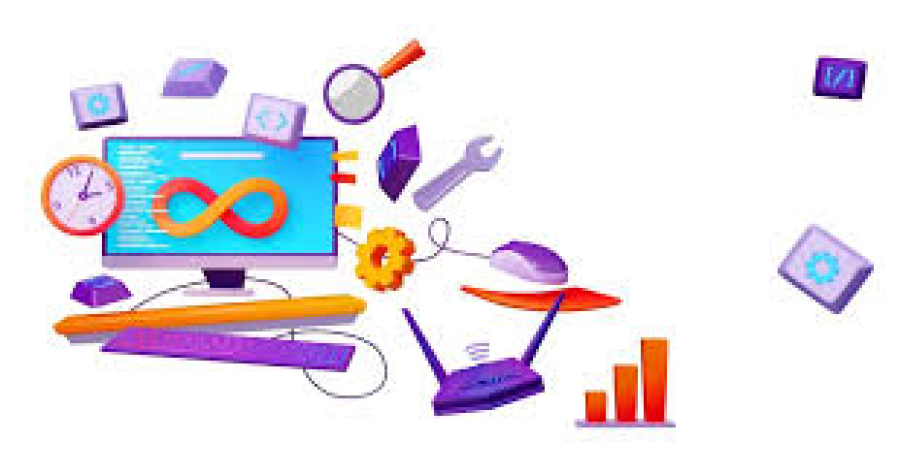SQL vs NoSQL: Which Database is Best for Web Development
At FreelancerBridge, we are dedicated to equipping web developers with the knowledge and tools needed to navigate today’s complex tech landscape. One of the most critical decisions in web development is choosing the right database. In our guide "SQL vs NoSQL: Which Database is Best for Web Development," we explore the unique benefits and trade-offs of SQL and NoSQL databases. This comprehensive overview is designed to help you make an informed decision that aligns with your project’s technical requirements and long-term scalability needs. Whether you are building a dynamic web application, managing large datasets, or creating a real-time system, understanding these database paradigms is key to enhancing performance and ensuring data integrity.
Long Description
In the world of web development, the debate between SQL and NoSQL databases is both vibrant and essential. Each database type offers distinct features that cater to different use cases, and understanding these can greatly impact the success of your project. At FreelancerBridge, we break down the comparison into clear, actionable points to help you optimize your application’s backend infrastructure for superior performance and scalability.
Structured vs. Unstructured Data:
SQL databases (relational databases) are designed to handle structured data with predefined schemas. They are built on the foundation of tables, rows, and columns, ensuring that data is stored in a highly organized manner. This structure supports robust data integrity through ACID (Atomicity, Consistency, Isolation, Durability) properties, making SQL ideal for applications where transactional accuracy is crucial. Conversely, NoSQL databases excel with unstructured or semi-structured data. They offer flexible schemas that allow developers to store diverse data types without strict predefined formats. This flexibility is particularly beneficial for rapidly evolving projects or applications handling big data.Performance and Scalability:
One of the major advantages of NoSQL databases is their ability to scale horizontally. This means that as your application’s data grows, you can add more servers to distribute the load efficiently. NoSQL systems like MongoDB, Cassandra, and Redis are built to handle high-velocity data and are particularly well-suited for real-time applications. On the other hand, SQL databases typically scale vertically—by enhancing the power of a single server. While this can work well for many applications, it may become a bottleneck as demand increases. Understanding these differences is key to selecting a solution that aligns with your performance goals.Complex Queries vs. Simplicity:
SQL offers powerful query capabilities through the use of Structured Query Language. Complex joins, nested queries, and aggregations are handled with precision, making SQL databases perfect for applications that require deep data analysis and reporting. NoSQL databases, while generally simpler in terms of query functionality, offer faster data retrieval for specific use cases. They are often chosen for applications that demand speed and flexibility over the need for complex transactional queries.Use Cases and Industry Trends:
The choice between SQL and NoSQL often comes down to the specific needs of your application. For instance, e-commerce platforms, financial systems, and enterprise applications that require robust transactional support typically favor SQL databases. Meanwhile, social media platforms, real-time analytics, content management systems, and IoT applications benefit from the scalability and flexibility offered by NoSQL solutions. At FreelancerBridge, we continuously monitor industry trends and best practices to help developers align their choices with the evolving technological landscape.Integration and Maintenance:
Integrating a database with your web application is not just about performance—it’s also about maintenance and future-proofing. SQL databases have a long history and a well-established ecosystem, which means extensive documentation and community support are available. NoSQL databases, although newer, have rapidly gained traction with extensive support communities and evolving best practices. This balance between legacy reliability and modern adaptability is at the heart of the SQL vs NoSQL discussion.
In conclusion, the decision between SQL and NoSQL should be driven by your project’s unique requirements, including data structure, performance needs, and scalability goals. At FreelancerBridge, our goal is to bridge the knowledge gap, enabling you to choose the best database solution that not only meets your current demands but also scales gracefully as your application grows.


 by Emily
by Emily




